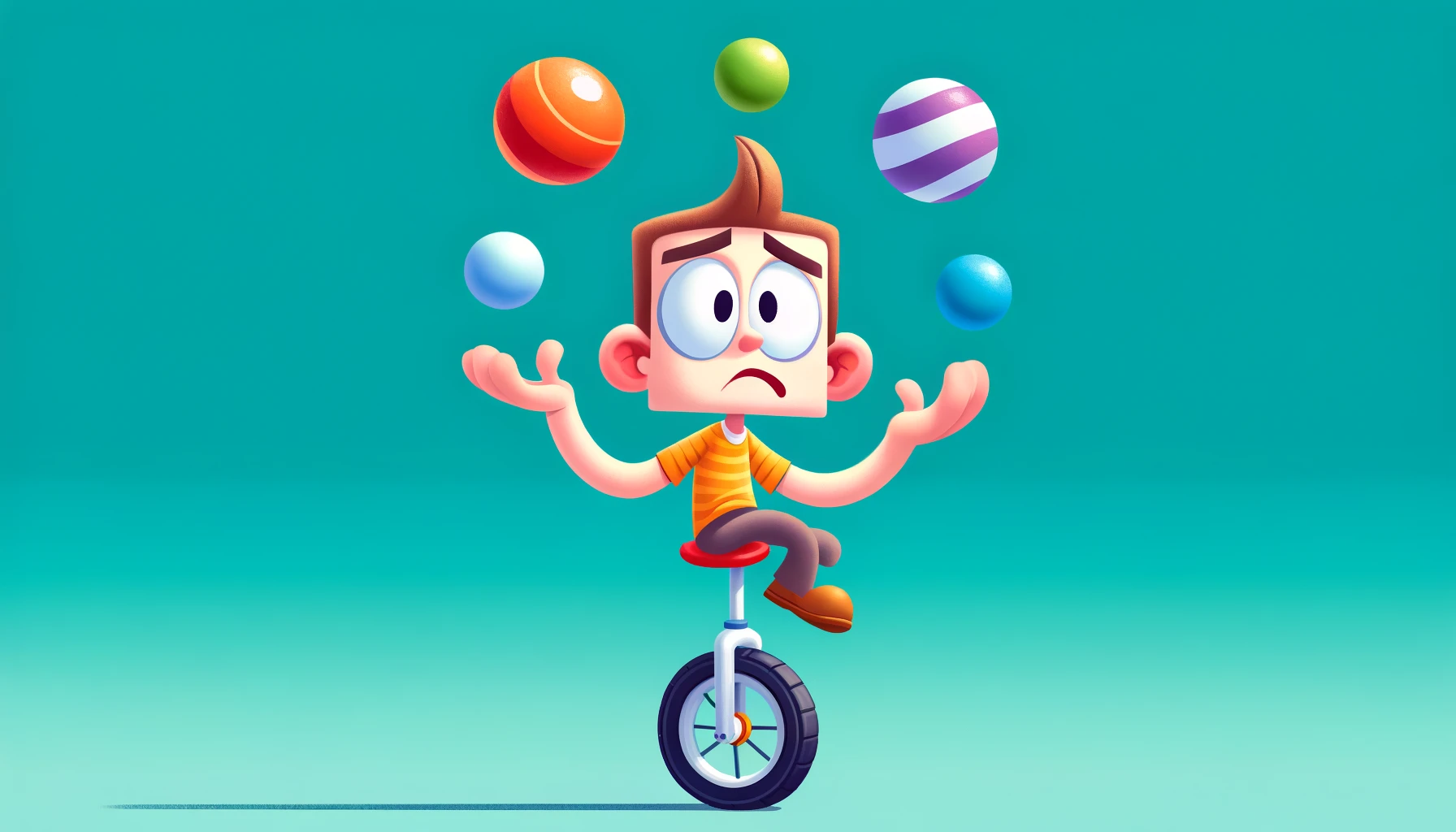
A most nerve-wracking PM interview question
Early on in my product career I spent a lot more time on the nerve-wracking side of the table, and the toughest question I ever got still lives in my head rent free.
“Design a GPS feature that’s so exciting it gets $CompanyName of the front cover of Wired Magazine.”
As you can imagine from the focus on print media, this was a while ago, and my memories of the details are foggy — I distinctly recall there being a chair for the interviewer but not for me, but I’m 90% sure that’s my imagination. But that was it, just one question for 55 minutes1, just you and the whiteboard.
And oh boy did I feel every one of those 55 minutes. He batted away any of my clarification questions without giving me any hints as to the right answer. He shot down most of my ideas mid-sentence. Even my plausible ideas were met with a “that’s not exciting enough”. At least he was having fun, at this point in time GPS’s were $100 commodity items too bulky to be reliable in a watch format, but unremarkable in cars. Turn by turn directions were delivered in clunky text to speech that was getting better in every iteration. As far as I know, a GPS feature has never made the cover of Wired Magazine.
He told me I passed2, and not to worry, they were a SaaS company with no intention of ever making a GPS feature and his demeanor changed 180 degrees.
Afterwards the interviewer was friendly and pretty open about the point of the question: what do you do when you’re asked to do something nearly impossible? Do you freeze up? Do you argue? How quickly can you change course with feedback? How widely can your brainstorming take you?
I never want anyone to feel like I did in that interview, but I’ve kept a watered down and much shorter variation of that question in most of my PM interview loops. One of my first PM hires (now a head of product in his own right) called it the “Kobayashi Maru3.” But I do it for a few reasons:
- Sometimes stakeholders can be unreasonable (not you of course, but other stakeholders) and I want a clue as to how you’d navigate that4.
- I see how tools in your PM toolchest come out.
- I want everyone I interview to have a chance to give an answer that’s better than I’m expecting.
- I want to see how widely you can brainstorm and how quickly you iterate on feedback.
- Interviews benefit from questions with different structure, this adds to the mix.
- Self-evaluations are tough, but I’m pretty sure I’m nowhere near as mean as that interviewer was to me, most people seem to have fun with it.
- It has historically correlated well success in the role.
It’s also very easy to madlibs a new one to keep it fresh: alter a product you’ve never thought much about to be maximally exciting to a specific audience. Design a toaster that’ll frontpage Reddit. Design a feature for Uber that’ll get you on the cover of the New York Times. Design a feature for a CRM that’ll get you on the cover of the Economist.
Have some fun but let them know it’s impossible, and keep it to 20 minutes or less.
And give the interviewee a chair.
Footnotes
-
I’m writing this in VS Code and have Github’s Copilot running, so it’s tried to answer the question a few times now: the best one is either “reroute you around high crime areas” or “an app to find the nearest bathroom”, the worst one “so I sat in 55 minutes of silence”. It would fail the interview but considering it’s an LLM optimized to give me JavaScript answers, it’s not bad. It also keeps trying to finish my sentences with “I was frazzled and not coherent” ↩
-
He did leak a tiny bit of help with one of my follow up questions: it didn’t necessarily have to be a positive cover story. So my final answer (footnoted because it’s not really the point) was to make an app store and to have it very easy to sideload apps that courted controversy, encourage them, and then publically have a fight with the “hackers” (print magazines love shadowing figures) who were making our roads unsafe. It’s not a good thing to do, but it plausibly met the criteria. ↩
-
The Kobayashi Maru is a test in the Star Trek universe that’s designed to be unwinnable. The point being to see how the test taker reacts to a no-win scenario, so it’s a fair comparison.. ↩
-
One person told me it was a bad goal and he wouldn’t do it. He wouldn’t humour me at all. He wouldn’t even start designing it to see. That was someone I could never leave alone with stakeholders. ↩